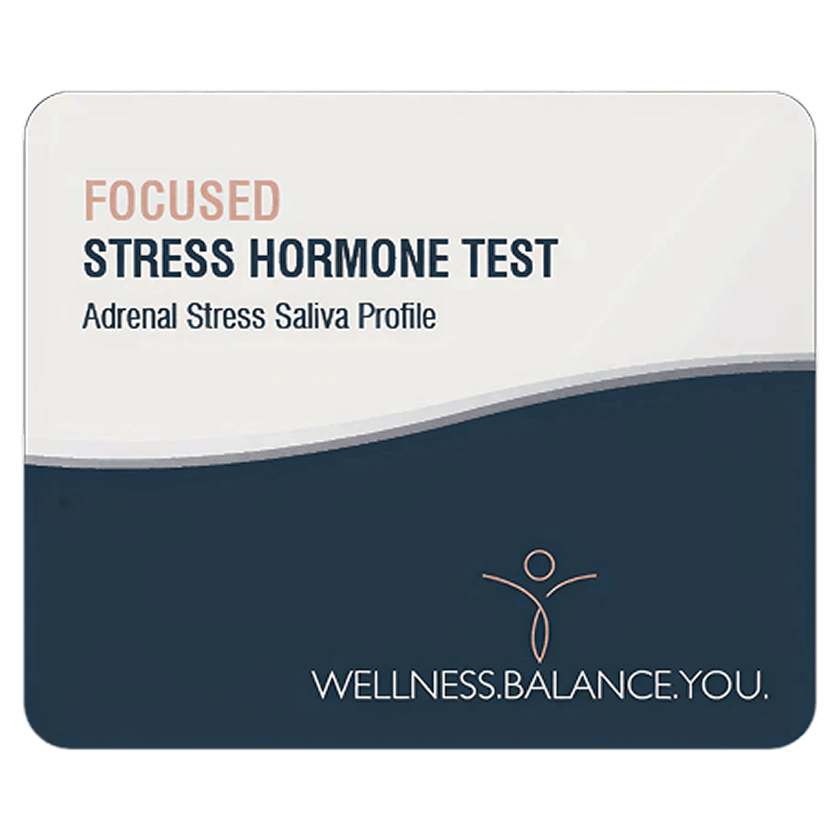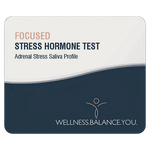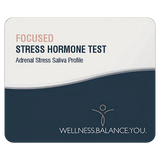
Support your foundational health
No matter what kind of diet you're on, exercise program you're doing, or how much you're meditating... in order to optimize your health, you need to focus on the foundations FIRST.
The Balanced You Bundle covers all the bases from immune and cellular health to sleep and digestive support and more
Not all supplements are created equal
Finding the right supplements can be an overwhelming task. Countless products on shelves, health claims you don’t know if you can trust, unsure of what you really need to support your health…
The Balanced You Bundle supports your body with the highest quality supplements available on the market so you don’t have to worry.
The Balanced You Bundle includes:
✨ DOSE ME DAILY is a must to support optimum vitamin and mineral intake every day!
✨ HEAD TO TOE ensures essential fatty acid intake to reduce inflammation, support brain and cardiovascular health.
✨ MELLOW ME OUT contains bioavailable magnesium to support relaxation and so much more!




